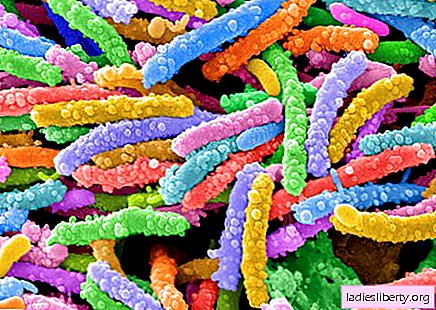
The likelihood of a heart attack in a person may be due to the composition of the bacteria in his intestines, American scientists say. They also received evidence that the various drugs used to regulate the intestinal microflora are able, if not to prevent the risk of heart disease, then at least reduce them.
Researchers conducted a series of interesting experiments in which rats were experimental. Rodents were divided into three groups and fed differently. One of the groups received traditional food, the second group received food with the addition of antibiotics, and the third group ate probiotics.
It is known that antibiotics and probiotics alter the composition of the intestinal microflora. But in the course of this study, it was also found that they inhibit the production of the hormone leptin, and it affects appetite and metabolism. As a result, animals from the first group were at considerable risk of a heart attack, but the risk of heart attack among the subjects from the second and third groups was negligible.
It is logical to assume that in order to prevent heart disease you need to eat yogurt. Perhaps experts say, but this may not be enough, so it's too early to talk about it. In any case, the mechanism of restoration of the body after injuries due to microbes has become more understandable for them.
The discovery, according to its authors, will prove useful in the development of new methods for the diagnosis of heart disease and their treatment, including methods for the prevention of heart attacks.











